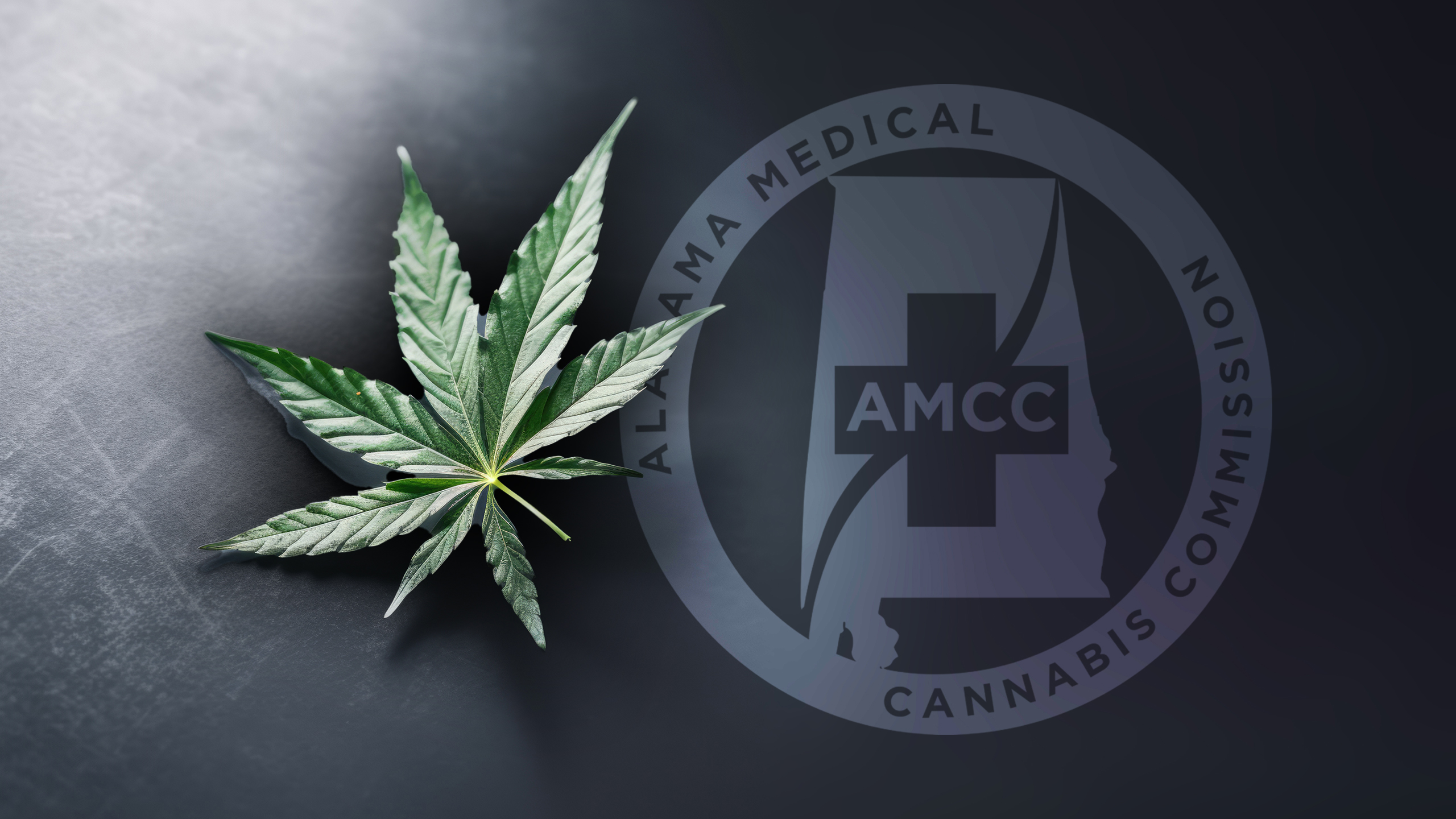|
Getting your Trinity Audio player ready...
|
The Alabama Medical Cannabis Commission appears to have admitted that the file size limitations it placed on applicants’ attachments created “extenuating circumstances” for at least some applicants, prompting the AMCC to allow some applicants to amend their applications months after the deadline.
The file size limitations, which restricted applicants’ attachments on their applications to just 10 megabytes, has long been a point of contention for several cannabis companies. They first raised the issue during the application process, and it has appeared in litigation since.
The central argument is this: the 10-megabyte restriction caused some companies to reduce resolution on important files and omit some whole files, leaving their applications incomplete; At the same time, 17 applicants were allowed a “workaround” by AMCC and submitted their large attachments on USB drives, giving them a distinct advantage.
AMCC has argued that it did nothing wrong, but merely granted the reasonable requests of some applicants to submit their attachments on USB drives. However, in documents reviewed by APR, it appears that the AMCC granted “application amendments” to a handful of companies after the application deadline last December based solely on the fact that the applicants claimed the 10-megabyte limitation created “extenuating circumstances.”
“They’re literally admitting in these documents that the limitations caused a burden and that it was enough for them to grant the applicants’ request to amend their applications by submitting their full attachments,” said a source familiar with the application process. “This is one of the main arguments in the legal filings – that the limitations created a problem that cost some companies. And they admit that that’s the case by granting these amendment applications.”
{{CODE1}}
Under the AMCC’s established rules, in order for an applicant to correct information on an application after the deadline, the applicant had to submit a “Petition to Amend” form citing “extenuating circumstances” that should allow it the opportunity to make changes. The AMCC would review the request and determine if the cited “extenuating circumstances” met its threshold to allow for an amended application to be submitted by March 24, a full three months after the original due date of December 30.
The AMCC granted 20 of these amendment petitions, and in at least two instances, the extenuating circumstances cited were simply that the 10-megabyte file limitation created an undue burden. In one of these instances, an applicant even explained how they were damaged, citing that they were “…prejudiced because the 10-megabyte limit was never subject to those procedures required by the (Alabama Administrative Procedures Act) …” and that without approving their amendment, the Commission would be “…deprived of the necessary data to make a fully informed decision.”
In such cases, the companies were able to submit amended application material months after the original deadline and include full-size attachments that likely made a difference in their scoring.
Now, even some companies that received licenses are raising questions about the fairness of the process and some have privately expressed a willingness to participate in a limited “re-do” to ensure that all applicants have an equal opportunity to submit full applications.
“We earned our license, but we don’t want the process to be so compromised that the public is skeptical of all license-holders,” said an executive with a company awarded an Alabama license. “We want them to know that we earned it through a fair and open process.”
Whether that will happen is unclear at this point. Several companies who filed suit against the AMCC over this process, and the AMCC, will be back in front of a Montgomery County Circuit Court judge on Wednesday. Behind the scenes, the attorneys felt they were making headway last week in an effort to facilitate some sort of application do-over, but the chair of the AMCC, Rex Vaughn, said in interviews that there are no plans to re-score applicants.
However, it’s hard to see a pathway forward without restarting this process somewhere near the beginning. In addition to the file size problems, the Commission is also facing legal questions about the way it handled scoring, failing to follow the Alabama Administrative Procedures Act and ignoring the Alabama Open Meetings Act.






















































